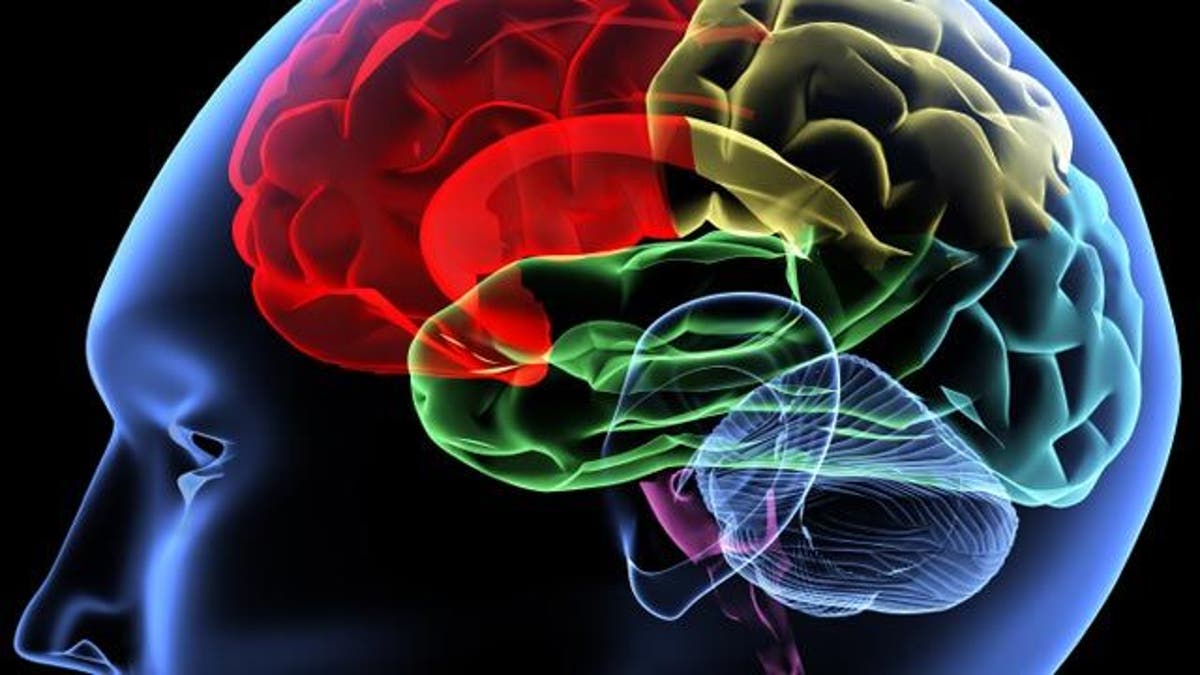
Less sleep was found to be associated with brain shrinkage and cognitive decline, according to new research of older adults.
In a new study published in the journal SLEEP, researchers at Duke-NUS Graduate Medical School Singapore studied a group of 66 older adults with an average age of 67. The group underwent neuropsychological testing and magnetic resonance imaging (MRI) scans at the beginning of the study – and then again 18 to 24 months later. Participants also answered questionnaires about their sleep duration and quality.
The study ultimately found a relationship between shorter sleep and a slightly faster rate of cognitive decline and brain shrinkage.
“Since the brain is responsible for cognitive abilities, faster shrinkage of the brain is associated with decline in cognitive performance,” senior study author Michael Chee, a professor at Duke-NUS and principal investigator of the school’s cognitive neuroscience lab, told FoxNews.com. “Statistically, the person with shorter sleep has about a .5 percent rate of decline faster than normal sleepers.”
The average reported time in bed was 6.7 hours, and shorter sleep was defined as one hour less than the average. However, Chee estimated that participants’ actual sleep time was more like six hours, as sleep efficiency declines with age. Because sleep duration is less controllable as one ages, researchers believe the study is especially important for young people, as young people may be more able to improve their sleep time.
Overall, their research suggested that seven hours of sleep is ideal for optimal cognitive performance.
“Sleep duration may not be something within your control in your later years; [the results] may be a reflection of accumulated changes,” Chee said. “We hope it’s a modifiable risk in younger people, but here’s evidence later in life, which is why we think the study is interesting.”
Chee plans to continue to follow the participant cohort for four to six more years, and he expects the link between brain shrinkage and less sleep to continue as participants age. While the measured declines in cognition and brain shrinkage seemed small, accumulated over decades, they may become more impactful.
“With people living longer, I think we want to try to do everything we can to improve outcomes in old age,” Chee said.
